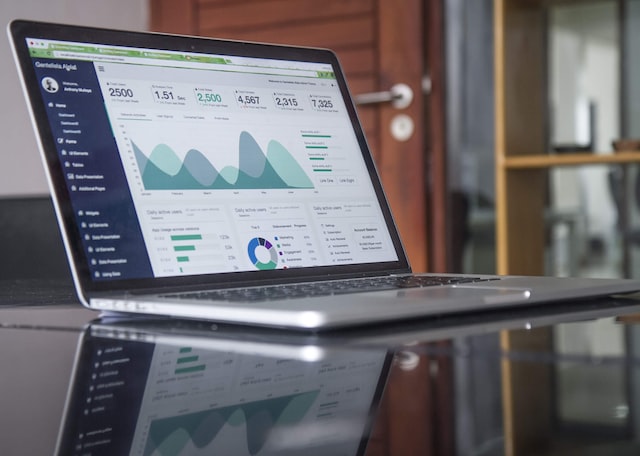
The success of your website’s growth is highly dependent on data; not just what you collect, but also what you do with it. What’s the point of keeping up with your metrics if you’re not planning to do anything with them?
If you’ve collected tons of data on your website’s performance and don’t know what to do with them, these SEO strategies and practical tips will teach you how to use data to help your project grow.
Keep Your Data Organized
An easy way to lose out on increased conversions or online traffic is to accidentally overlook crucial SEO data. As with any sort of data, it’s only as useful as your ability to organize it. To better visualize the data you’re working with, use one of the many data organization and management tools to store all your data in an orderly manner.
By keeping an organized log of SEO statistics, you should be able to visualize the strengths and weaknesses of your online presence, be it your website, eCommerce platform, social media page, etc. While it may seem not as important at first, data organization is at the core of any effective data-driven SEO strategy.
Work with Your Audience
When we say “meet your audience,” it doesn’t mean to meet them personally, but rather to understand who they are, and what sort of content they enjoy seeing. By looking into the data of your audience, you can learn quite a lot about how they consume your content.
For example, you may notice that a new blog article you’ve published receives a high volume of views on specific days of the week. This observation gives you insight into your audience’s reading habits and allows you to streamline your content publication to coincide with their consumption habits.
Fixing Web Performance Issues
An SEO audit tool can provide very valuable insight into the performance metrics of your website which can help you to fix errors and optimize various technicalities. For example, one of the most important metrics in SEO is loading times. If the code used to build your website is unoptimized, it will take much longer to load various web pages, plugins, images, and other web functions, which can negatively impact the ranking of your website.
Check the performance metrics and data of your website regularly, especially if you’ve recently updated it with new plugins, features, and content. This will not only ensure higher search engine ranking but also a smoother and more pleasant user experience for your audience.
Working with External Links
If your external link building statistics are not as positive as you’d like them to be, look into the data of the websites that hosted them. There are a lot of factors that go into a successful external link building strategy, one of which is the ranking and quality of the websites they are inbound from.
Start by collecting the data of websites that host your inbound external links. It may be that many of them have a low domain authority score, for a variety of reasons, which means that Google doesn’t value their inbound external links. Once you find the inbound external links from low-ranking domain authorities, you can replace them and improve the performance of your inbound external links.
Competitor Data
There’s no one-size-fits-all way to utilize data in your SEO strategies. However, it’s still very important to know how your competitors are utilizing their data. You can learn quite a lot by looking into the SEO data collection and strategies of your competitors.
This approach doesn’t mean copying the exact same formula from your competitors; glean inspiration from similar businesses on how to use your data to improve web performance. Improving is about learning, and there’s no better place to learn than the successes and mistakes of your competitors.
Make Data-Driven SEO a Healthy Habit
Keep in mind that the success of any data-driven SEO strategy you create greatly depends on how well you can maintain the habits of monitoring data and using it in your marketing strategy. To successfully increase organic website traffic and keep it that way for the foreseeable future, you must make it a habit to collect web data and use it in your SEO strategies.
Perform SEO maintenance and adapt your strategies to your strengths and you can expect regular high traffic on your website, instead of one-time spikes in performance.





